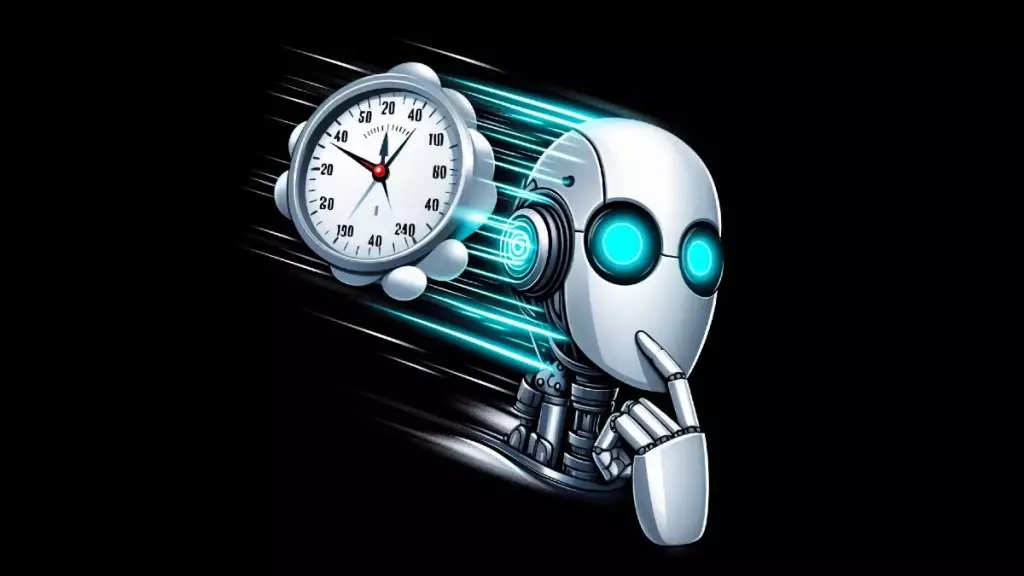One of the main challenges facing large language models (LLMs) is the ability to handle complex tasks that require reasoning and planning. While LLMs excel at answering simple questions quickly, they often struggle with tasks that involve deliberate thinking and problem-solving. This limitation is often attributed to the fact that LLMs are more akin to System 1 thinking, which is fast and automatic, rather than System 2 thinking, which is slow and analytical.
In response to this challenge, researchers at Meta FAIR have introduced a new technique called “System 2 distillation.” This innovative approach aims to teach LLMs complex tasks without the need for intermediate reasoning steps. Unlike traditional System 2 techniques that require LLMs to generate intermediate steps towards solving a problem, System 2 distillation focuses on distilling the knowledge gained from the model’s own System 2 reasoning capabilities into its fast-paced and compute-efficient System 1 generation.
The process of System 2 distillation involves prompting the LLM to solve a problem using System 2 techniques, verifying the responses for correctness through an unsupervised mechanism, and discarding the intermediate reasoning steps generated by System 2. The model is then fine-tuned based on the initial question and the final answer, allowing it to bypass the reasoning steps and directly provide the answer. This approach enables the model to skip the time-consuming and computationally expensive intermediate steps, resulting in faster and more efficient responses.
The researchers evaluated the effectiveness of System 2 distillation on a range of reasoning tasks using different System 2 prompting techniques such as Chain-of-Thought, System 2 Attention, Rephrase and Respond, and Branch-Solve-Merge. The results showed that System 2 distillation significantly improved the performance of LLMs on complex reasoning tasks, often matching or exceeding the accuracy of the original System 2 methods. Additionally, the distilled models were able to generate responses faster and with less compute due to the elimination of intermediate reasoning steps.
Despite its success, researchers also discovered that LLMs, like humans, may not be able to distill all types of reasoning skills into their fast-paced inference mechanism. For instance, complex math reasoning tasks that require Chain-of-Thought prompting proved challenging to distill successfully, suggesting that some tasks may always require deliberate reasoning. Further research is needed to understand the limitations of System 2 distillation and its impact on the broader performance of LLMs.
System 2 distillation offers a promising solution to enhancing the reasoning capabilities of LLMs without the added burden of intermediate reasoning steps. By distilling System 2 knowledge into System 1 generation, LLMs can efficiently tackle complex tasks and produce accurate responses at a faster pace. While there are still challenges to overcome and areas for further exploration, System 2 distillation represents a significant advancement in optimizing LLM performance and expanding their capabilities in handling diverse reasoning tasks.


Leave a Reply